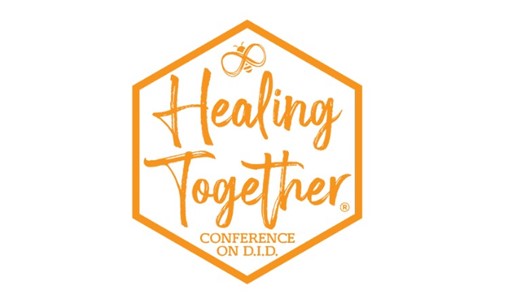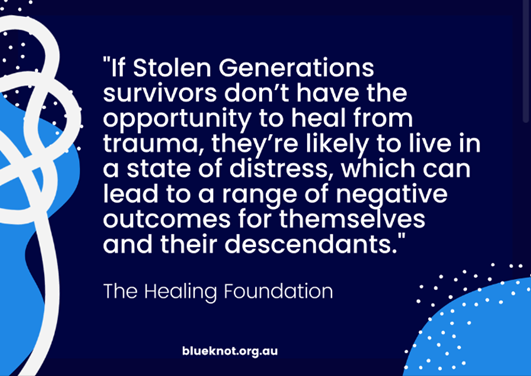Learning to trust ourselves and others can help support our interactions and relationships… but for many of us, doing so can be challenging. In close relations in which we are more vulnerable, including intimate relationships, being able to trust is even more critical. So how do we learn to trust enough, and not too much when we have been harmed in relationships before?
Firstly, it is important to understand that being able to trust is often very challenging for people who have been abused, neglected or otherwise harmed. This is because of the betrayal experienced at the hands of other people. Trust has often been violated, and repeatedly so, for people with the lived and living experience of complex, interpersonally generated trauma. It’s about understanding this, knowing that we are not alone, and that this can change with the right support.
When young children, for example, are betrayed by their caregivers, they still need their caregivers to look after them. They need to try and preserve their relationship with their caregiver and that need `trumps’ their capacity to protect themselves. Young children don’t just rely on their caregivers to look after them physically and keep them safe but also to nurture them and reflect their emotional experiences back to them. Sometimes our caregivers tell us one thing but we feel and think something completely different. This makes us doubt ourselves and not trust our own judgement. Being nurtured allows children to begin to make sense of the world and find their place in it, including how they relate to themselves and other people. The good news however is that even if you missed out on this in childhood, you can learn these skills later on.
Children are emotionally and physically dependent and their brains are still growing and developing. Children who are cared for and nurtured can rely on their caregivers as they go out and explore the world and build relationships. They can trust that they will be kept safe and that they can rely on people to be there for them. When this doesn’t happen the adult that child becomes can struggle to believe that people can be there for them too.
But it is not only children who are betrayed but many adults too, who experience repeated betrayals over time. When the world is dangerous, it makes sense that we try to protect ourselves from other people, especially when other people have harmed us. We can change this with understanding and support, and over time, learn to trust ourselves, others and the world and overcome the trust issues related to our trauma.
Sometimes we become fiercely independent or want a lot of control, as we have learned to rely only on ourselves to keep us safe. Sometimes we are anxious and because we feel bad about ourselves we also feel that others will think we’re bad too. We can change this and a good start is to take small steps to be a little open to letting someone in, just a little at a time. Try it with a friend first and see what happens
Sometimes we are worried about being rejected and we feel small, often like we did before when we were harmed. You are anxious and because you feel bad about yourself feel that others will think you’re bad too. If this is how you feel it can help by understanding that what happened to you was bad. Not you yourself. You can change this by taking small risks, showing yourself that you are an adult now who can make constructive decisions and who you can rely on. Show yourself that you are capable, and worthy after all.
Some people trust too easily. This is because when your boundaries have been violated it can be hard to know how to set boundaries yourself. This can mean that others take advantage of you all over again and leave you feeling retraumatised. Learning about boundaries and practising setting them is a good start. People you interact with might not respond well to the change in you, but it is a positive change and one well learnt.
It can be challenging to work to overcome trust issues which are ingrained but there is hope and there is help. If you are struggling with relationships, and especially with having healthy relationships you might also wish to reach out for counselling support. The bottom line is that your betrayal history no longer needs to define you.










